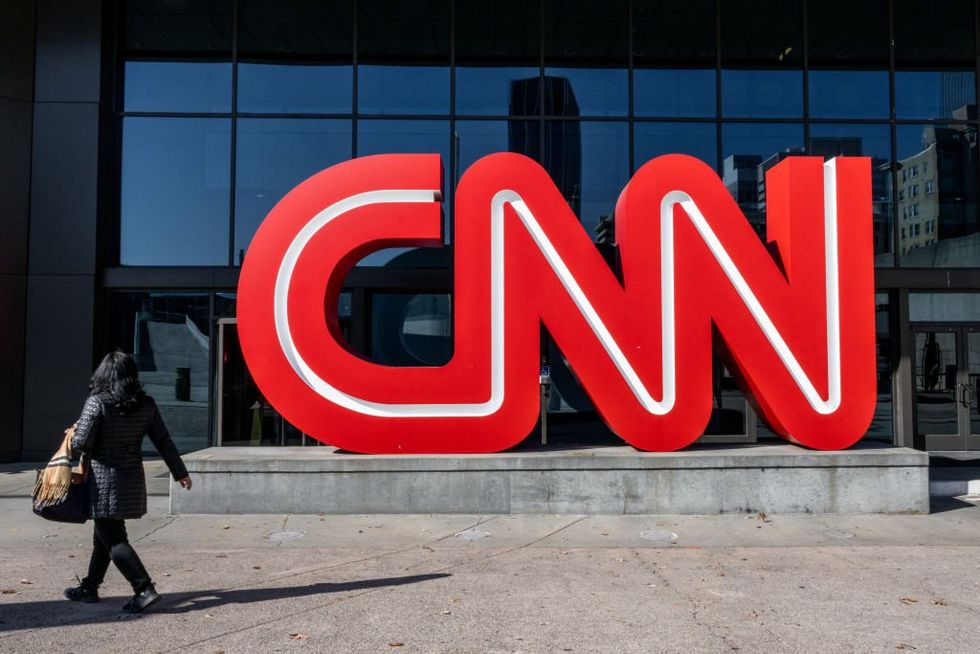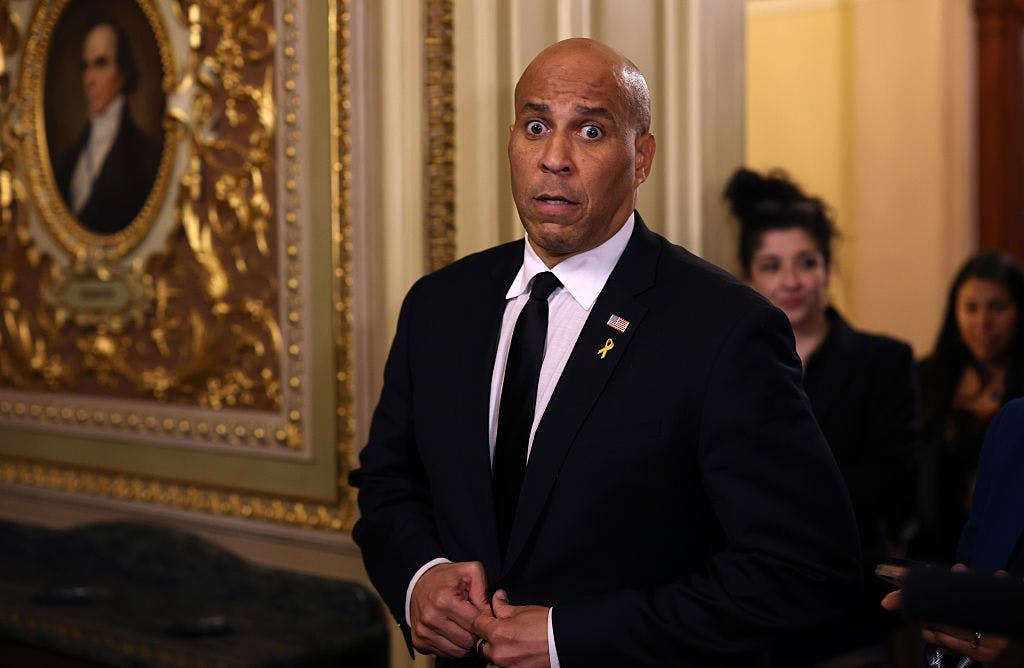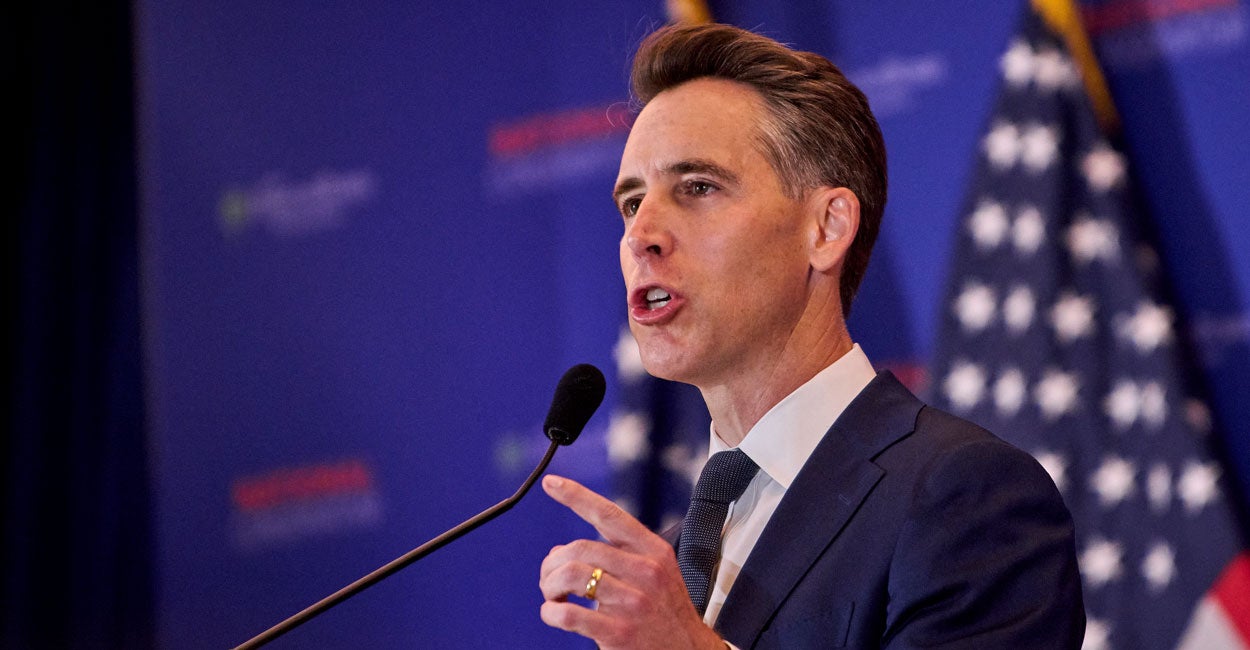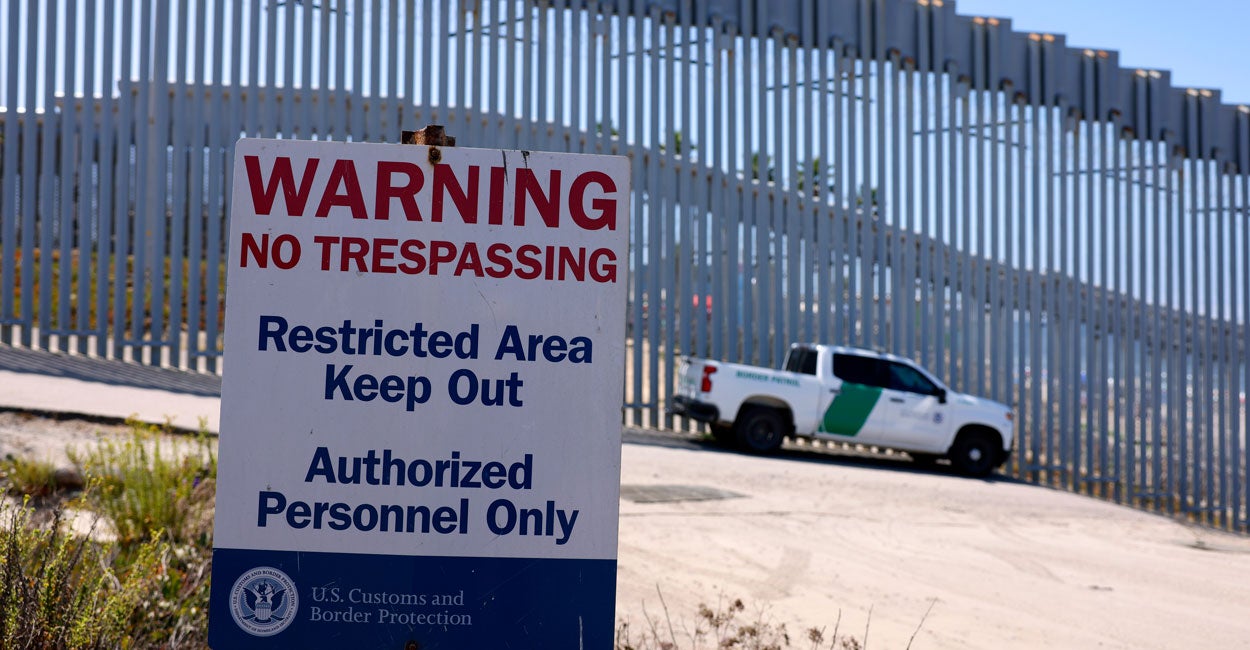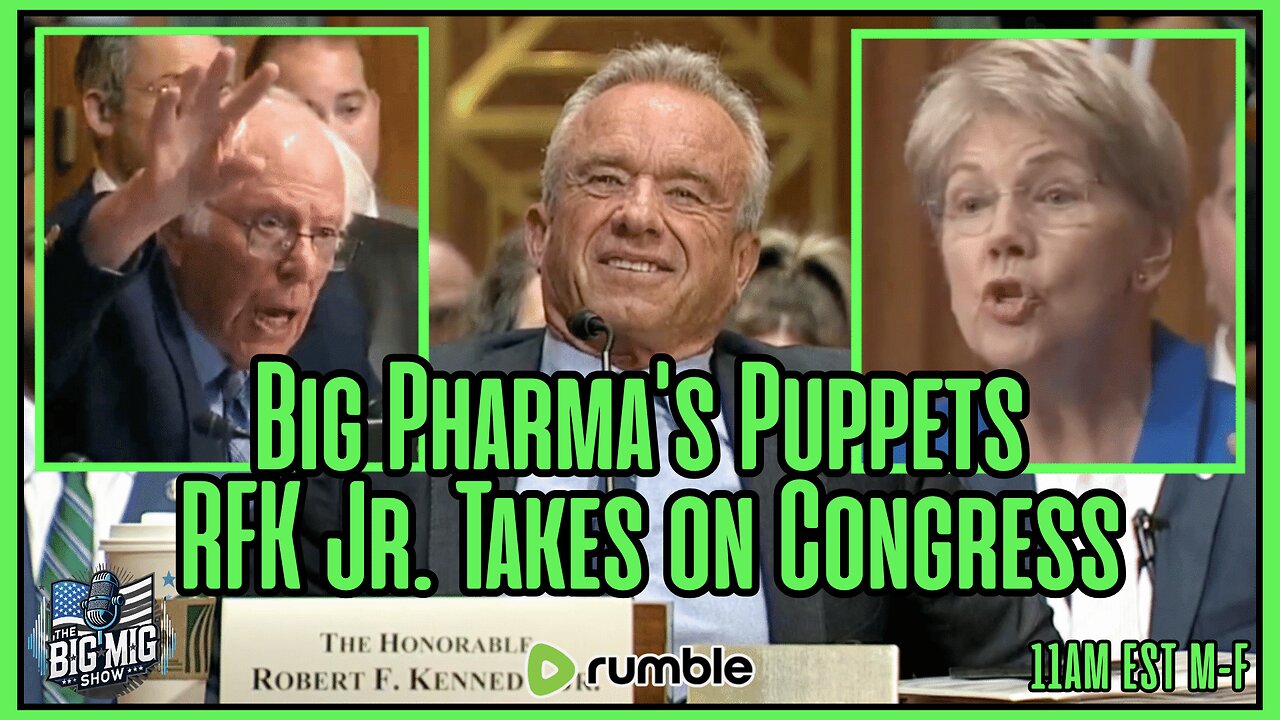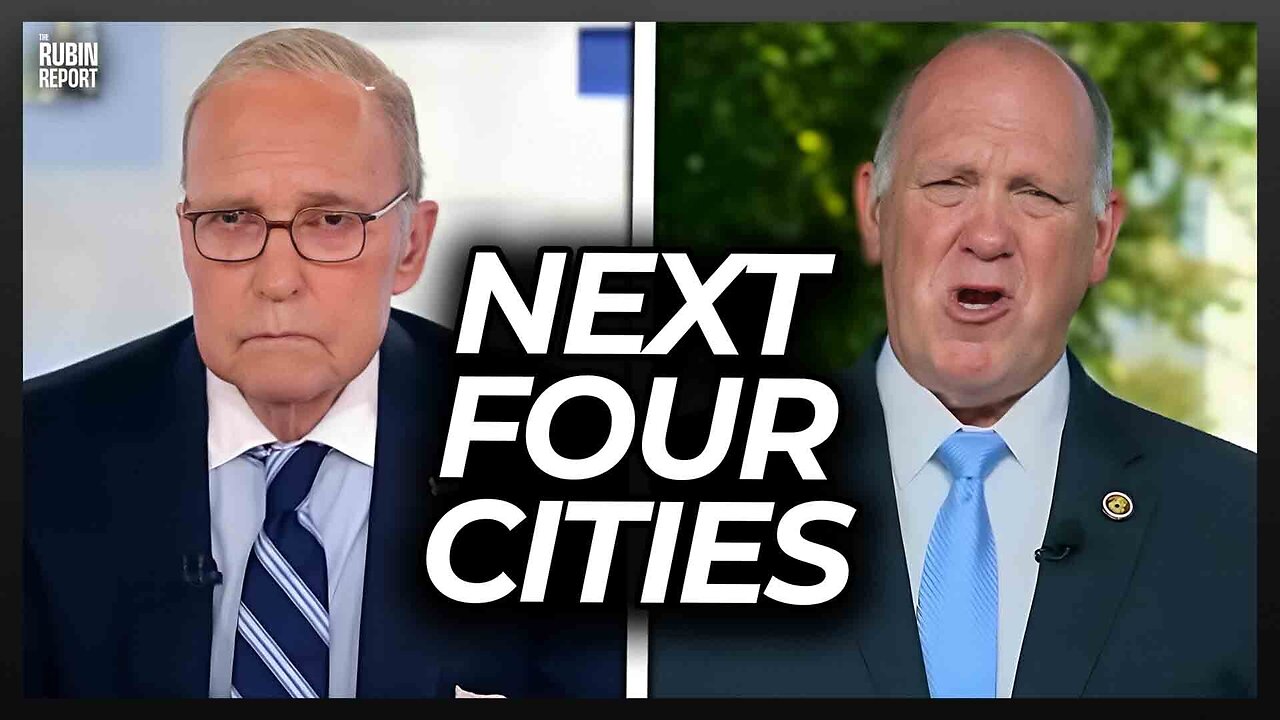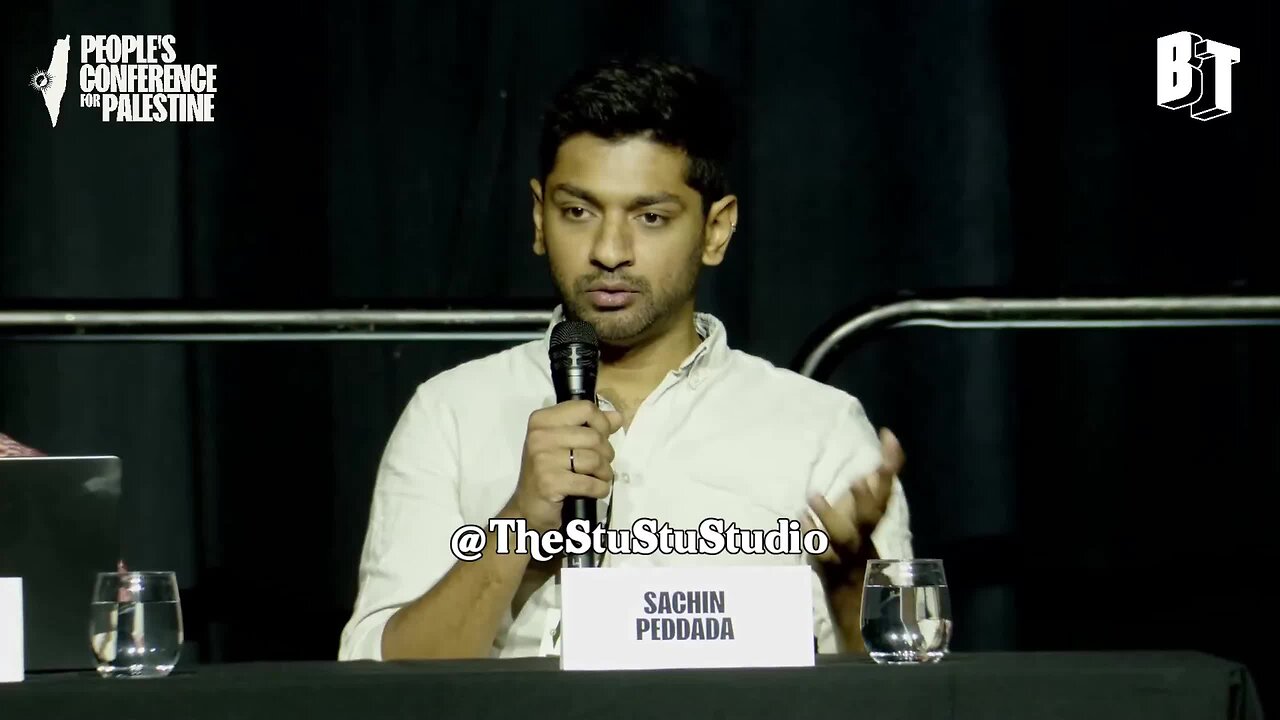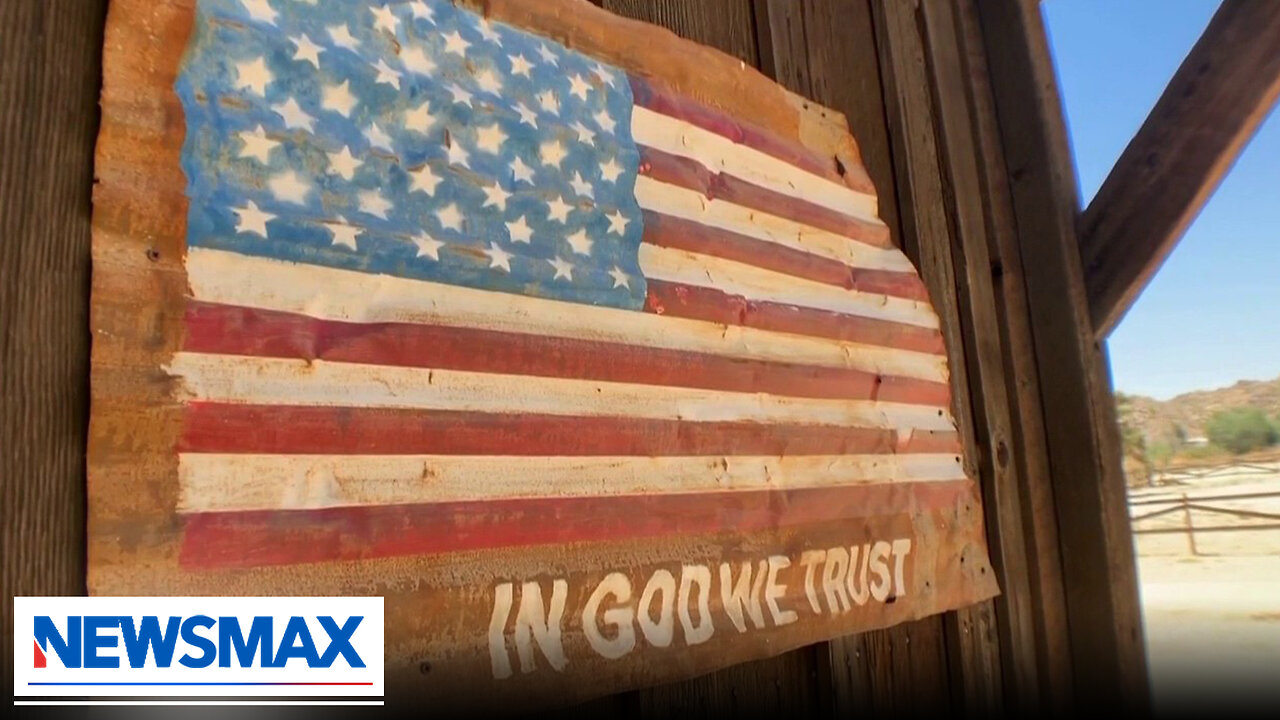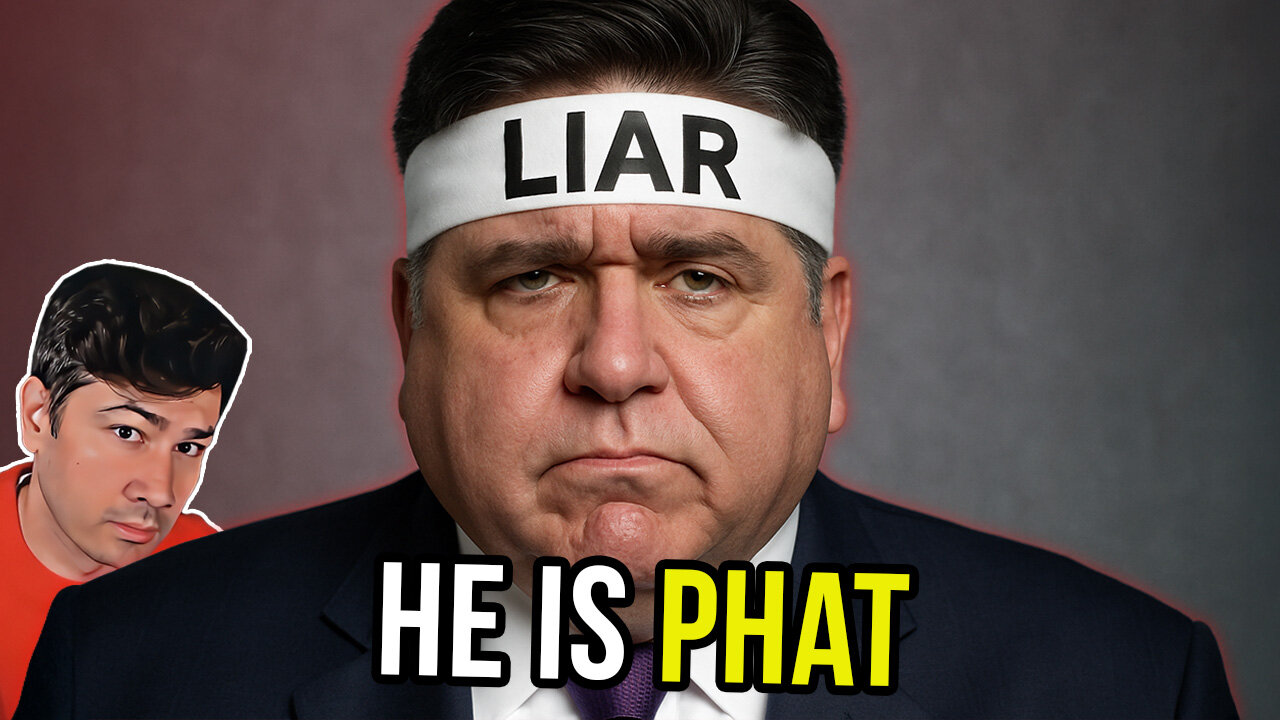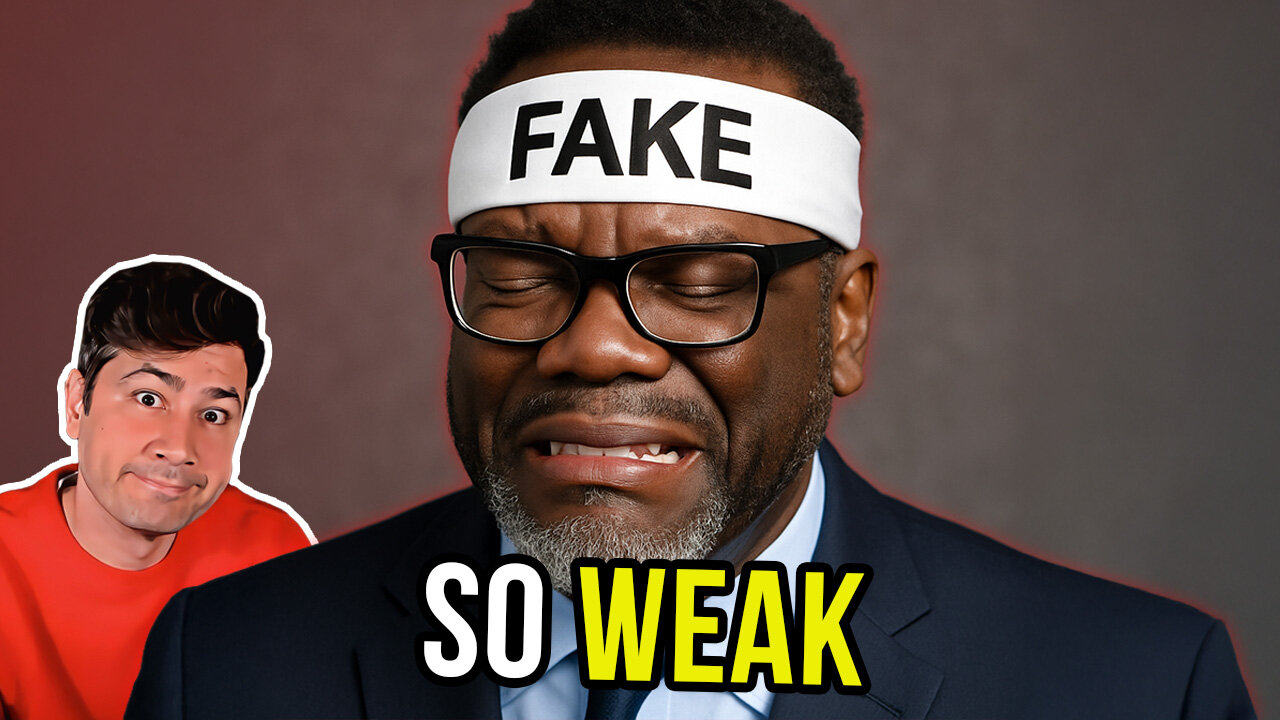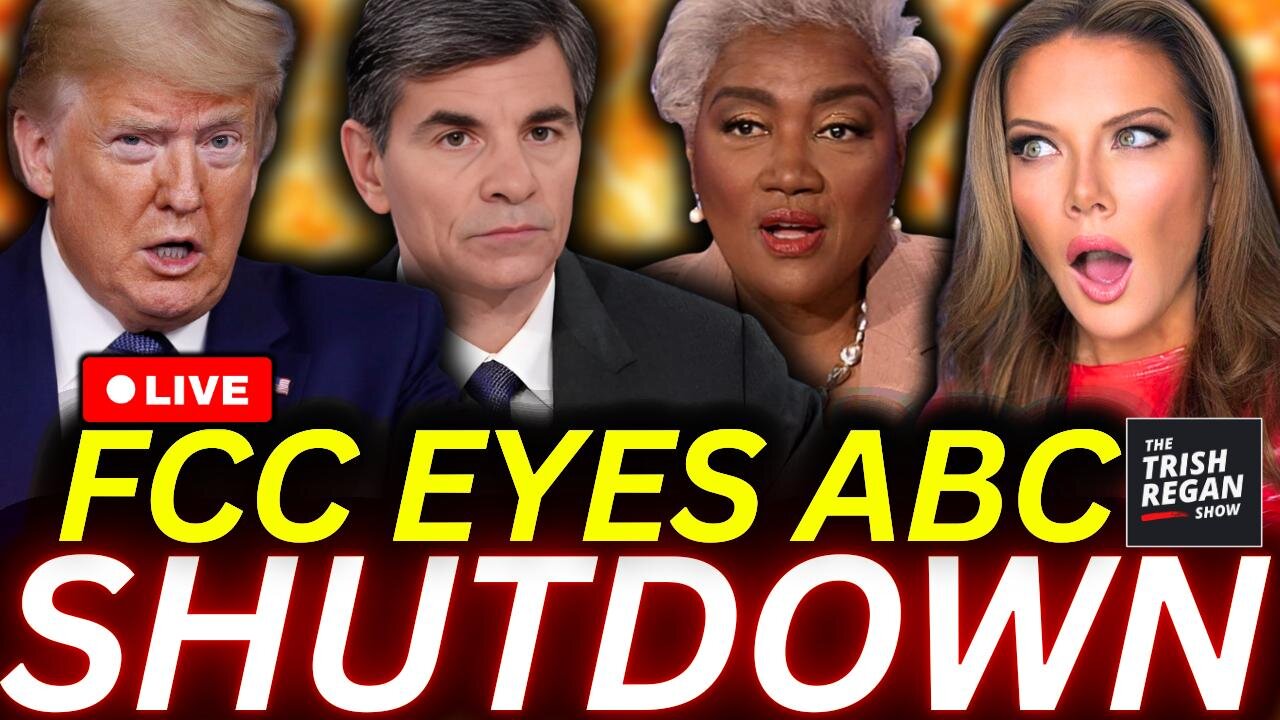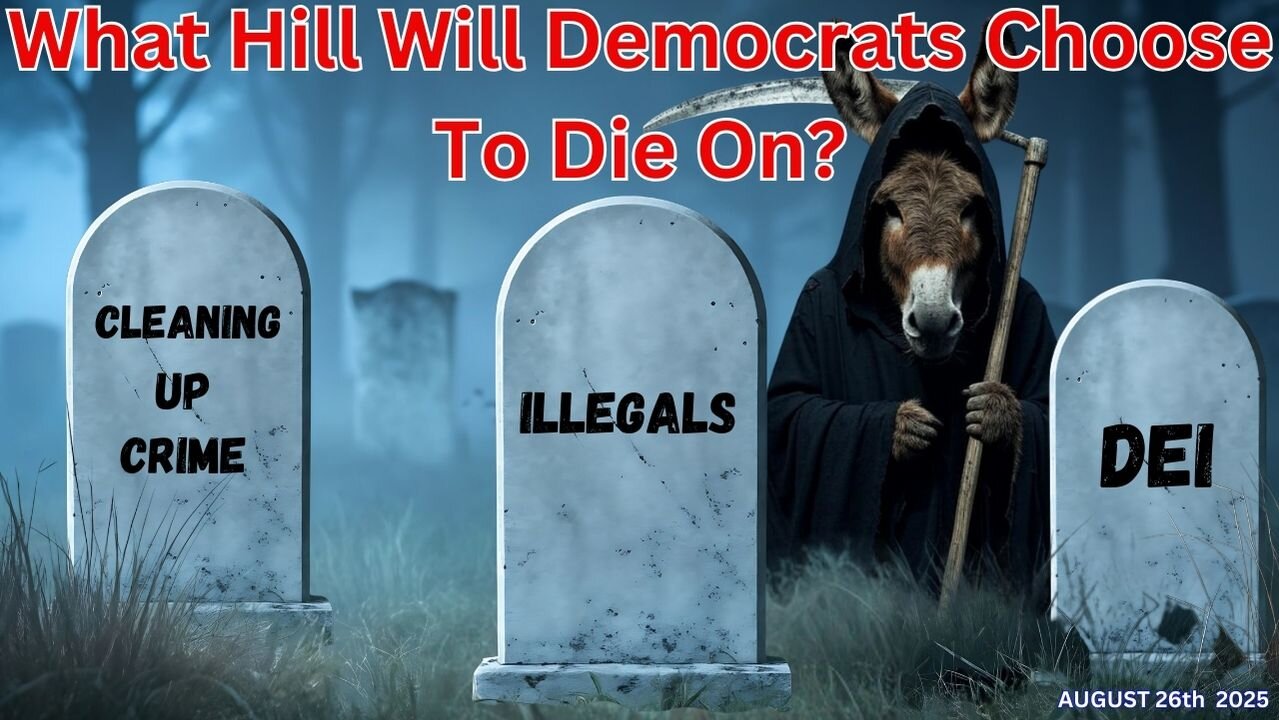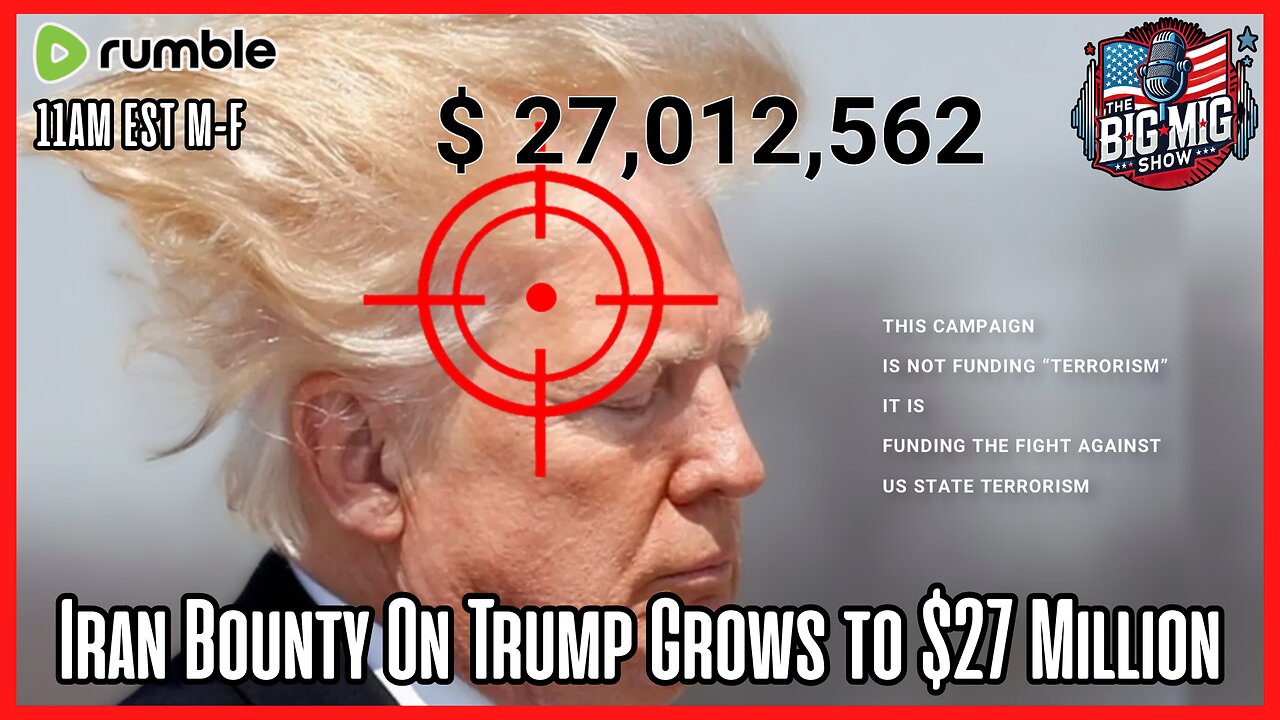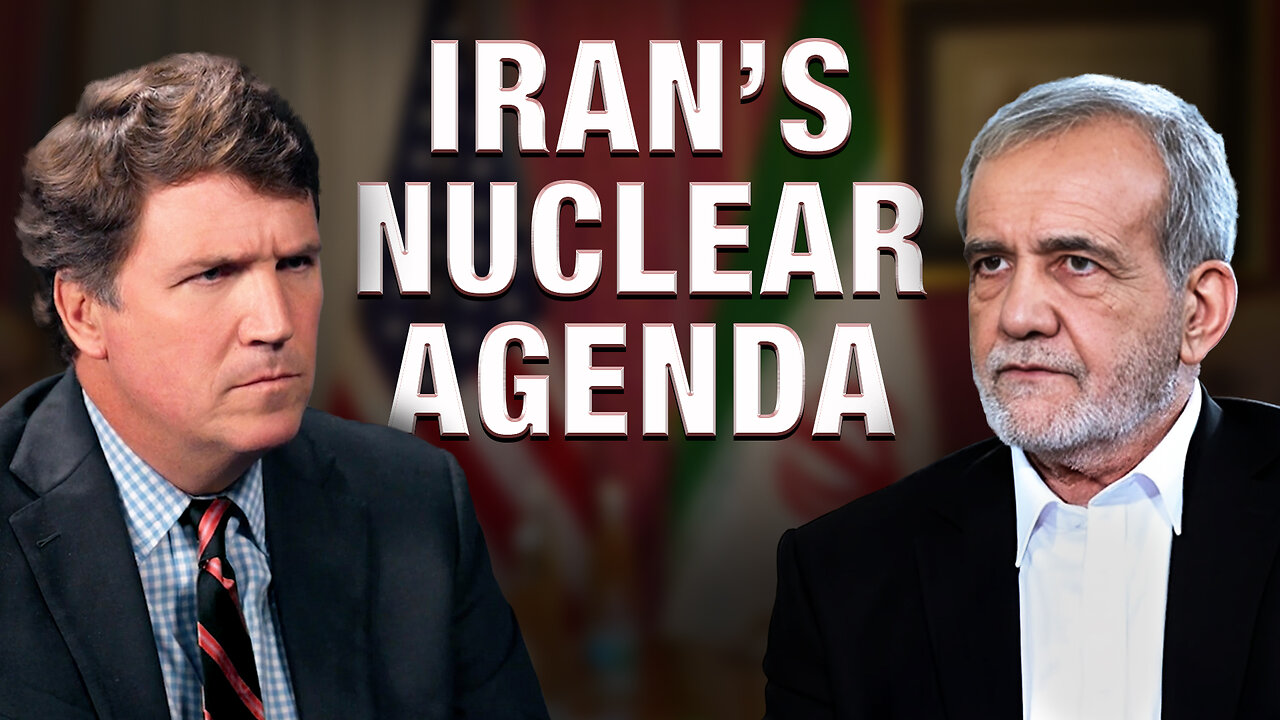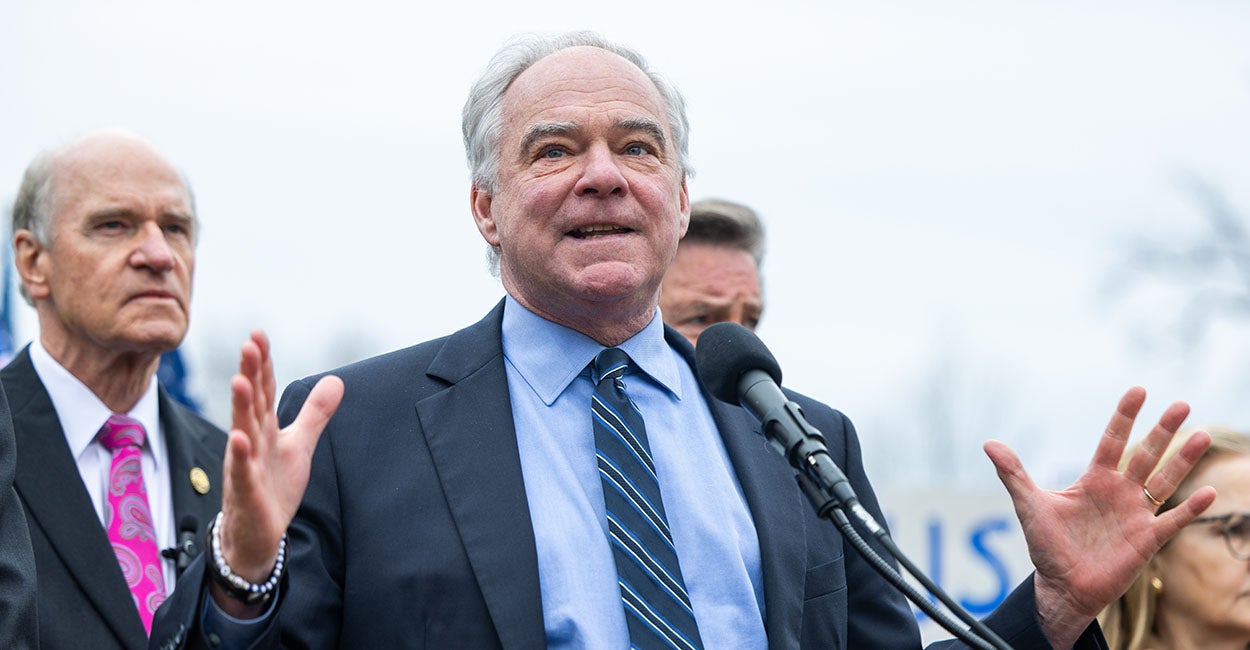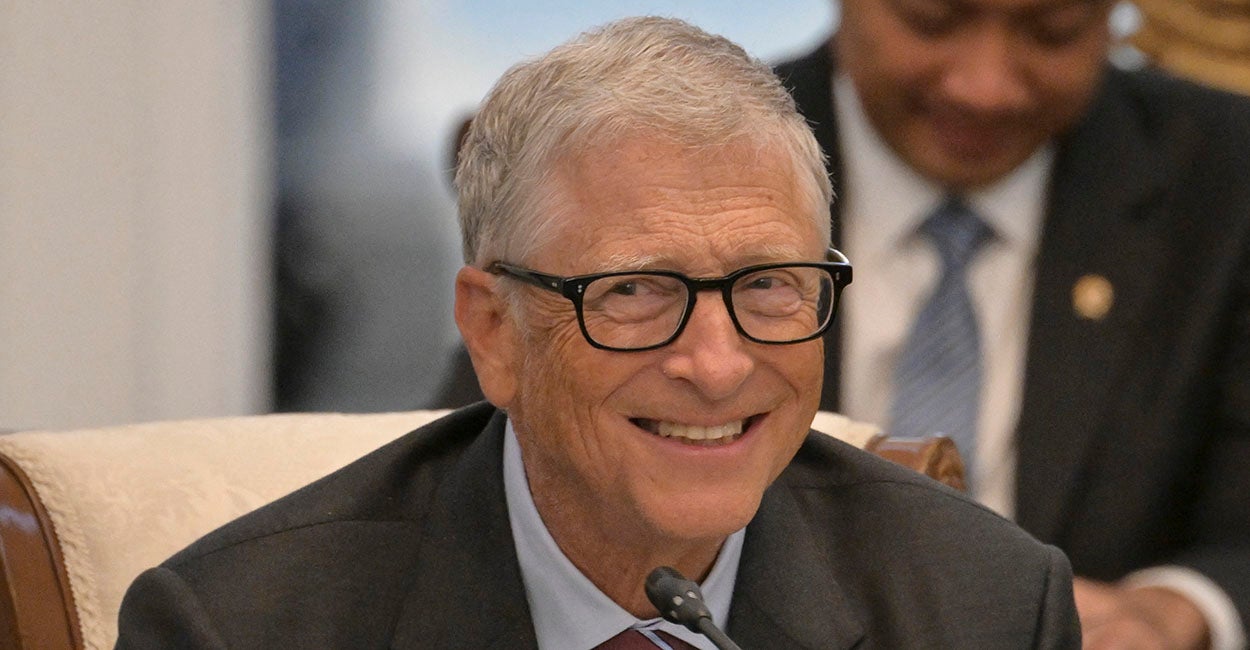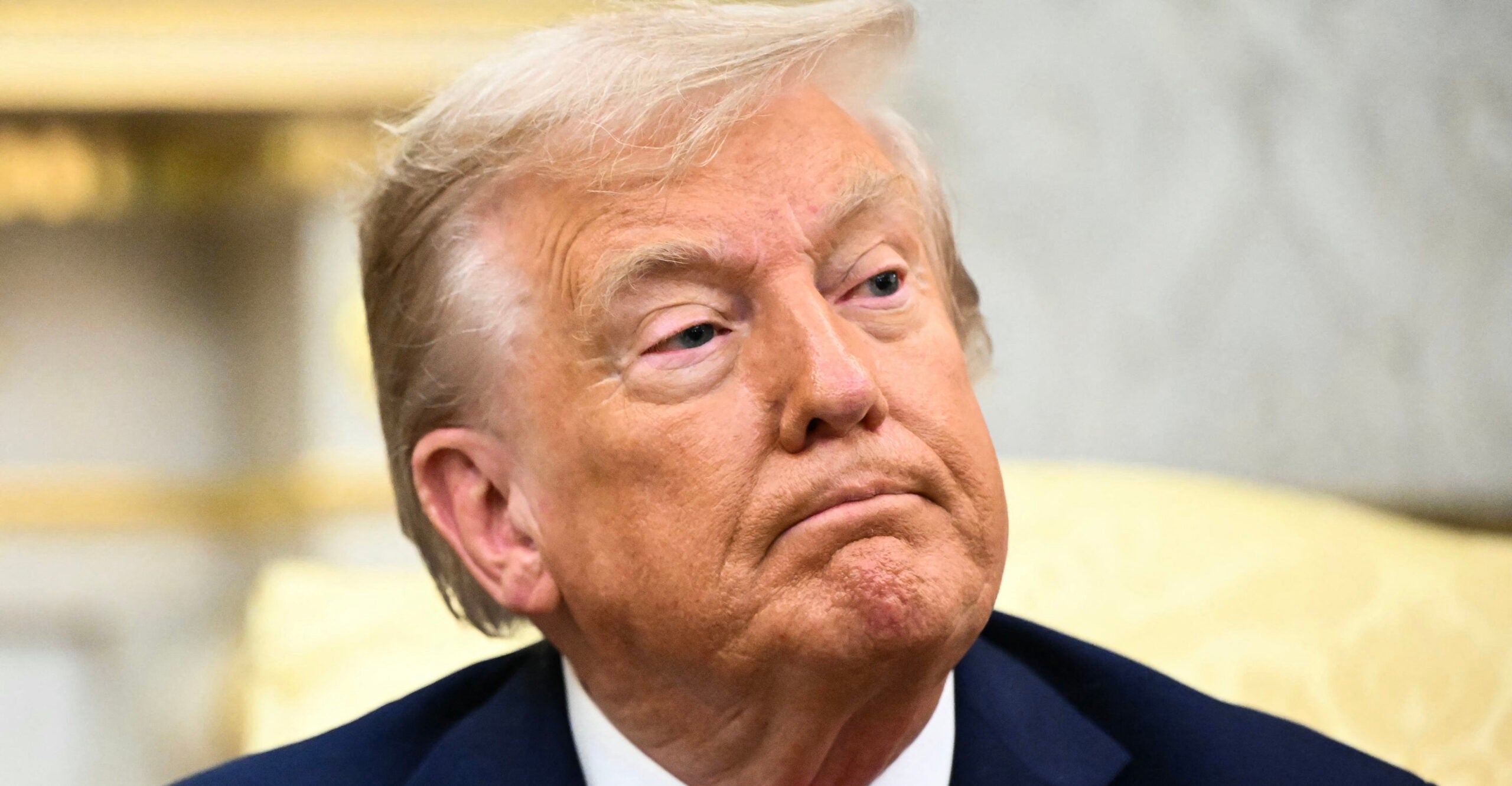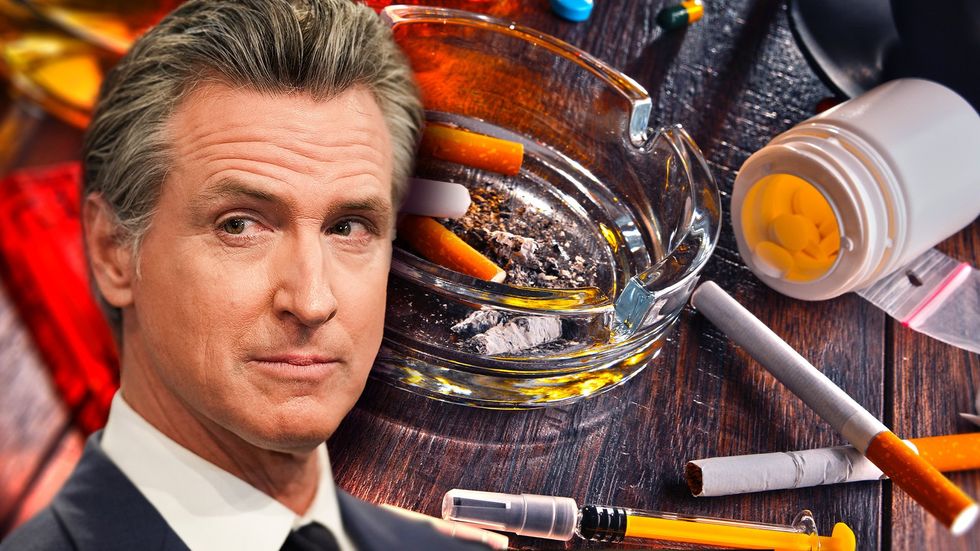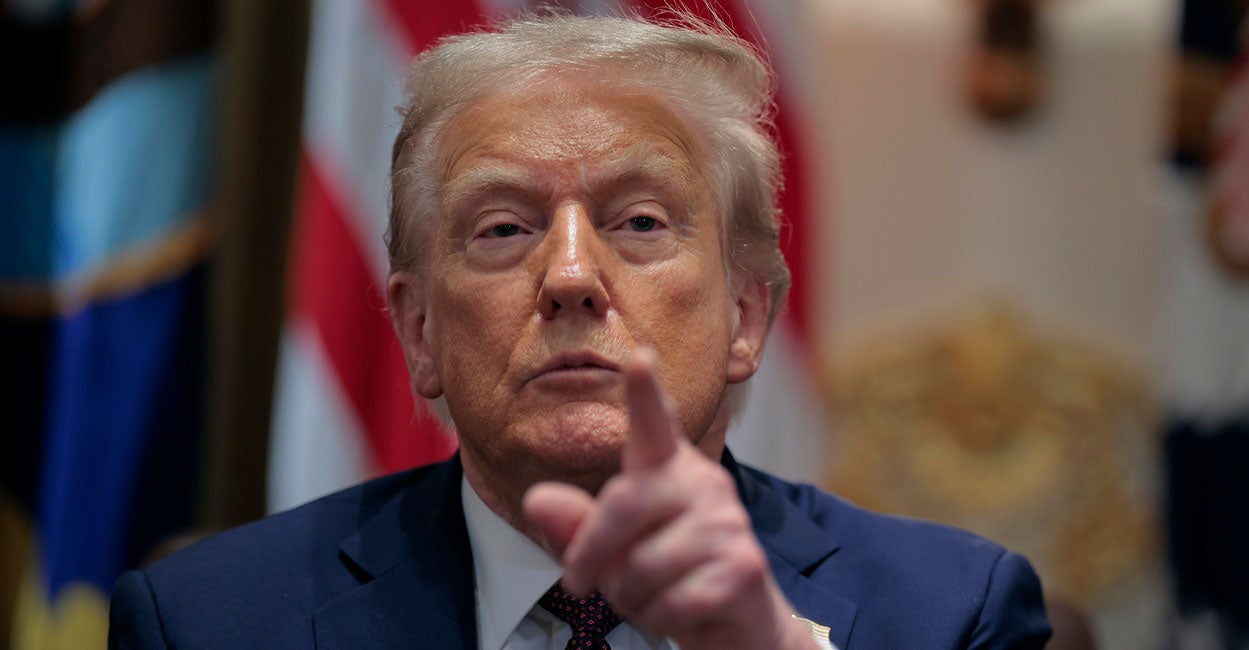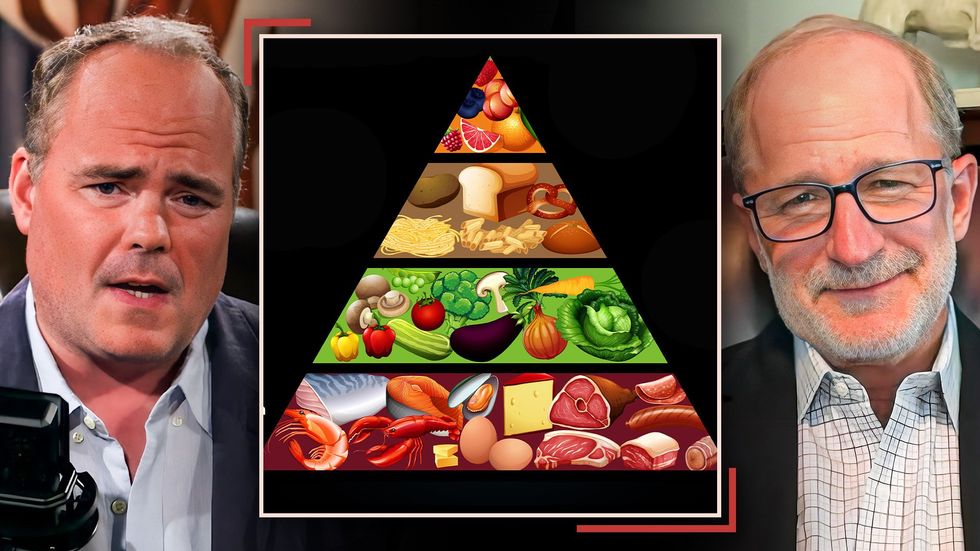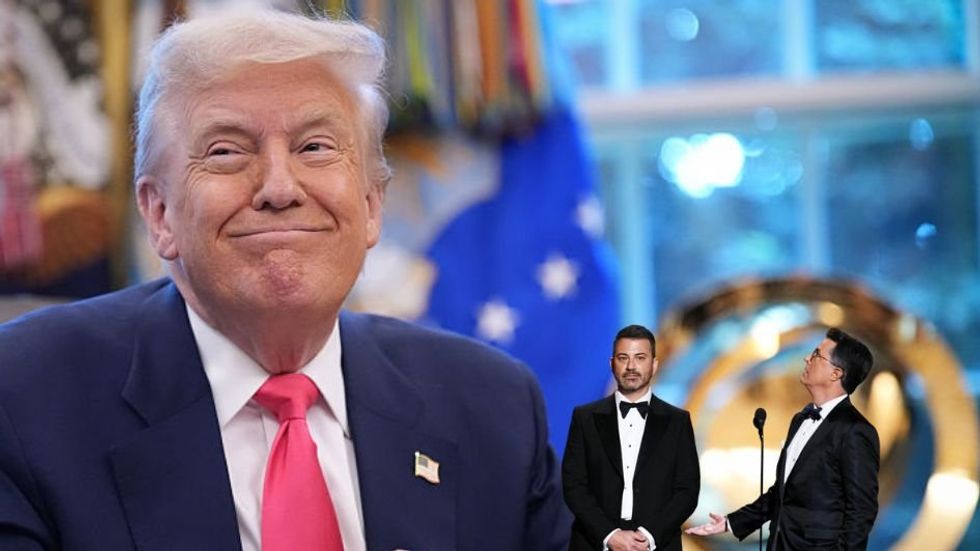Back To Plastic: How Emotional Policies Took Us Past The Sipping Point
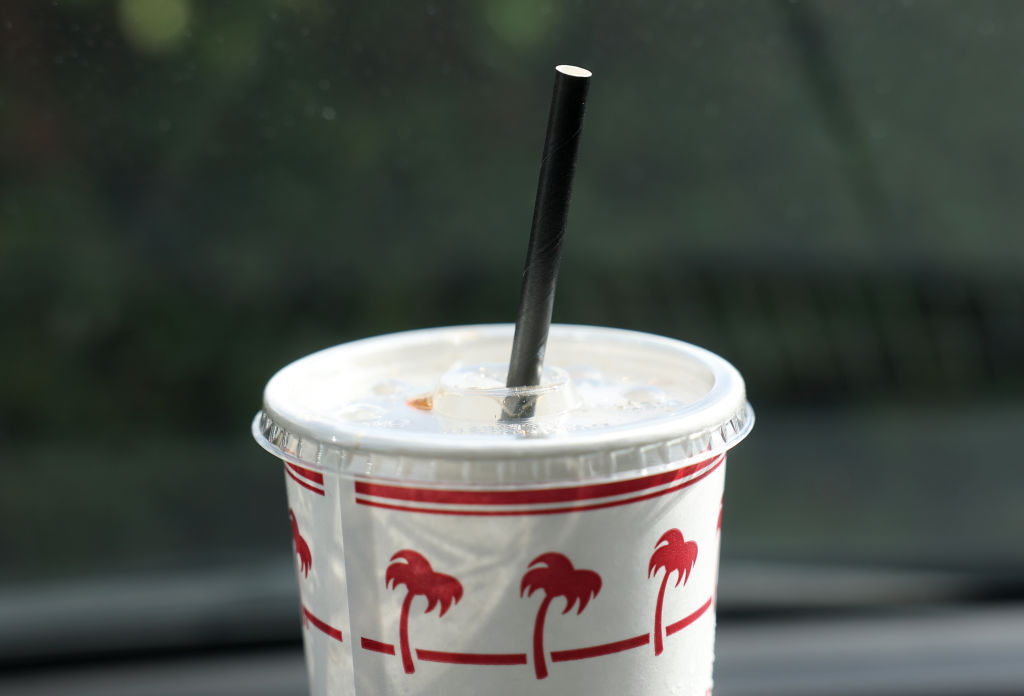
When President Trump stated his commitment to getting “back to plastic,” it sparked a barrage of positive reactions across every major communication outlet. Why? Because paper straws suck.
As an industry committed to sustainability, we’ve grown weary of these “press release policies.” Going beyond plastic straws or getting “back to plastic” stokes a debate about whether we have accepted too many ineffective environmental policies in recent years that fail to pass the proverbial sustainability smell test but make for a feel-good headline for the activist organizations behind them.
Through a recent executive order, Trump declared that it is “the policy of the United States to end the use of paper straws.”
Replacing a plastic straw with a paper one with no clear environmental advantage is just one example of a policy that gained momentum without a sound scientific foundation. It actually started innocently enough with a 9-year-old who used parochial data about straw consumption for a school report. His intention was likely environmental in spirit, but little did he know that his daily-use number would be promoted by activist organizations, reported as fact by journalists, and used by lawmakers to justify their feel-good policies and ban plastic straws.
Just recently, a study illustrated more unintended consequences of local policies driven by “feel-good” emotions rather than facts. In New Jersey, a law was passed aimed at reducing plastic that did exactly the opposite. Instead, a mandatory ban on paper and plastic bags boosted the importation of non-recyclable plastic bags from Southeast Asia, increased overall material consumption, heightened the carbon footprint of shoppers, and slapped them with higher costs to boot. Again, “environmental” policies like these may sound good at first, but in the end, they are counterproductive and distract us from achieving our shared sustainability goals. If the elected officials in New Jersey could admit this mistake and actually “get back to plastic,” they would be passing pro-environmental legislation.
It’s easy to chuckle about straws and bags, but on the state, national, and global stages, we hear a chorus of activist organizations calling for limitations on all plastic production — material needed for our daily lives and critical to meeting most sustainability goals. What we know is that ocean-bound plastic from the United States makes up less than 1% of what ends up in our seas, and more than half of that comes from discarded fishing gear. According to multiple studies, about 90% of plastic in the ocean comes from just 10 rivers, nine of which are in Asia. In fact, the Yangtze River in China is the largest contributor of plastic waste across the globe, dumping up to one million tons into the ocean each year. Yet American consumers and businesses have been pressured to move away from using essential plastic products because extremist groups have a political agenda rather than a truly environmental, solution-based one.
I think the president is onto something much bigger here. Perhaps this executive order, which justifies our completely rational use of plastic straws and getting “back to plastic,” serves as a permission slip to rethink what we’ve been pressured to do in recent years. Maybe it’s directing us toward common-sense solutions rather than reactionary press release policies. As a society, we need to collectively agree that plastic is essential to our protection, well-being, health, and safety while simultaneously encouraging elected officials, businesses, and government to create environmental policies rooted in science rather than emotions. We also need to take a step back as a nation, not only to reduce waste but to invest in solutions that increase recycling rates and keep valuable plastic materials in the U.S. economy.
Our industry believes that any molecule of plastic that leaves the economy is truly a waste, and our members work hard every day to innovate and provide the most sustainable solutions for their customers. We will continue to work with this administration and lawmakers on both sides of the aisle on practical, common-sense policies that support efforts to keep plastic out of the environment, increase recycling rates, and keep plastic products safe and available. Now is the time to hit reset on the misguided policies of the past few years, heed the words of the president, and go “back to plastic!”
* * *
Matt Seaholm is President and CEO of the PLASTICS Industry Association.
The views expressed in this piece are those of the author and do not necessarily represent those of The Daily Wire.
Originally Published at Daily Wire, Daily Signal, or The Blaze
What's Your Reaction?
 Like
0
Like
0
 Dislike
0
Dislike
0
 Love
0
Love
0
 Funny
0
Funny
0
 Angry
0
Angry
0
 Sad
0
Sad
0
 Wow
0
Wow
0

